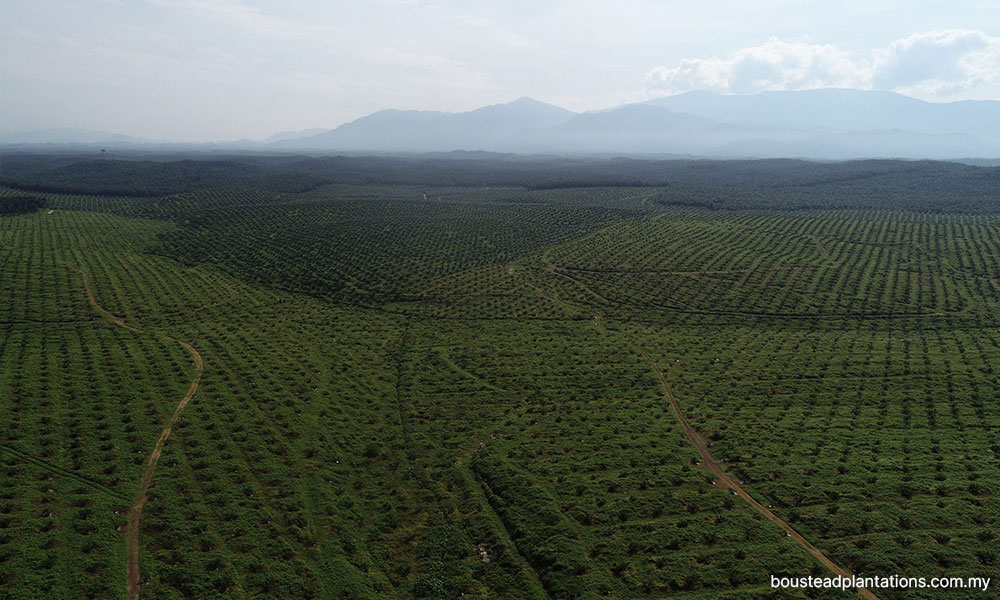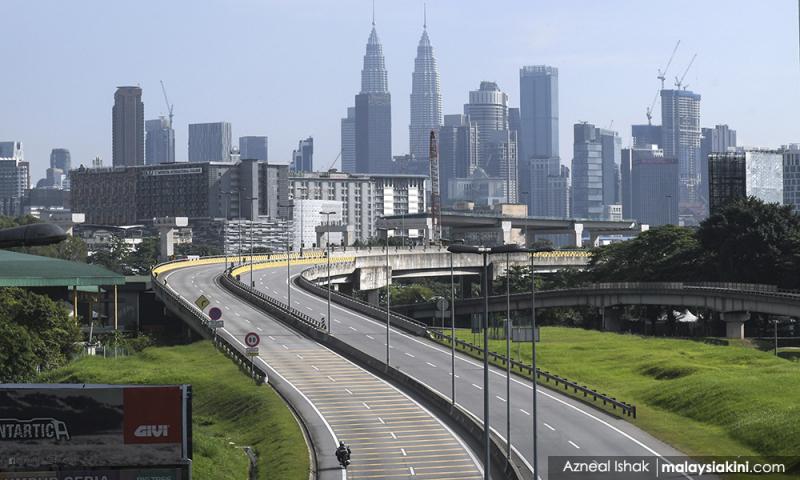LETTER | Economic congress: We need clarity on certain matters
LETTER | The seventh Bumiputera Economic Congress (BEC 2024) is around the corner.
Organised by the Economy Ministry, in collaboration with the Rural and Regional Development Ministry, it is aimed at proposing new directions and approaches for a fairer, more equitable and inclusive bumiputera empowerment agenda.
It will also propose a more comprehensive approach to assessing the level of bumiputera economic participation and control.
It also hopes to strengthen bumiputeras in new technological aspects and futuristic plans for the coming generations.
The prime minister wanted a more inclusive approach to resolve issues affecting other communities too and invited participation of the Chinese and Indian chambers of commerce, particularly the Associated Chinese Chambers of Commerce and Industry of Malaysia (Acccim).
BEC should not be considered exclusive and when we talk about bumiputera poverty, there is a certain group of poor Chinese or Indians in poor estates.

I agree with the above proposal for inclusivity. However, I have few doubts, maybe the organiser has answers to it. Here are my questions:
It is a last-minute invite and are the chambers of commerce aware of the various issues, the proposals and the background to it and how much value-add could there be in a three-day congress? Or just “to talk over a cup of coffee”?
Directions and approaches may differ for different ethnic groups due to their different levels of economic progress – a legacy inherited of British colonial policies, the bumiputera have remained with low average income.
The level of bumiputera economic participation and control have been discussed in previous congresses and many studies carried out. Do we need to re-invent the wheel when many resolutions are still not properly acted upon?
Arguably, the first BEC in 1965 is the most fruitful - with 70 resolutions approved. We could learn a thing or two from it and suit it to current conditions.
To strengthen bumiputeras in new technological aspects and futuristic plans, have we prepared the framework, foundation and ecosystem for its achievement?
For the sake of inclusivity, has the opposition been invited? The results of a study by Ilham Centre showed that the “Malay-Muslim wave” seen at the 15th general election continued where Perikatan Nasional won more than 50 percent of the Malay vote in the six state elections. In legal terms, is there any local standi when it is represented by less than 50 percent?
An MCA vice-president did propose for the government to organise an economic congress that would benefit the entire people and not to use BEC 2024 for political gain or a platform for opportunists to take advantage of. I say, give this a try.
8. The evaluation of New Economic Policy is inconclusive. On one hand, it achieved remarkable results by reducing poverty from nearly 50 percent in 1970 to less than one percent in 2014 and shrinking income gap.
On the other hand, initiatives favouring Malays are widely thought to help mostly the well-connected (cronies) involved in corruption, thus aggravating ethnic tensions.
Hence, the prime minister’s incessant fight against graft with no tolerance for corruption, regardless.
The secretariat may want to focus at the lack of latest and comprehensive data and statistics on the level of bumiputera participation in the economic pie.
Without updated details, it is not possible to devise workable and comprehensive plans to overcome the problems.
I noticed the prime minister made a statement about poverty includes a certain group of poor Chinese or Indians in poor estates.
Charles Santiago did several studies some time ago and said most of the plantations are now occupied by migrant workers.
The number of Indians in plantations is very small.

Looking back, with affirmative action goals, previous governments have created supportive polices with pragmatism especially key policy changes in 1986 and spent billions to maintain good business environment with opportunities for growth and profits.
Malaysia became an attractive manufacturing and export base in the region.
So, what happened to the bumiputera businesses along the way? It seems the allocations are nothing more than a shot in the dark and as stated earlier, favouring cronies.
The problems are identifiable and we don’t need others to tell the same.
In 2022, the median household monthly income for a bumiputera family was RM5,793, Indian - RM6,627 and Chinese - RM8,167.
In 2023, of Malaysia’s 50 richest, there were only three (3) bumiputeras (excluding politicians) and they are not in the top 10.

What we need urgently are creativity, self-confidence, competitiveness, business acumen and knowledge of management principles.
And of course, a review of the effectiveness of all GLCs and GLICs and fair play.
Hopefully, BEC 2024 will take cognisance of the New Industrial Master Plan 2030 (NIMP) and other initiatives announced last year and take a longer- term view.
And I also hope, in future, the Chinese and Indian chambers of commerce will reciprocate and invite bumiputeras to attend major discussions on businesses and the economy for the sake of unity and inclusivity.
I wish to add; meritocracy needs to be played on a level playing field. If one finds difficulty to satisfy even one’s basic needs, one will be squeezed out through intense competition and forever left behind.
Is it fair, equitable and inclusive?
What say you…
The views expressed here are those of the author/contributor and do not necessarily represent the views of Malaysiakini.
RM12.50 / month
- Unlimited access to award-winning journalism
- Comment and share your opinions on all our articles
- Gift interesting stories to your friends
- Tax deductable
